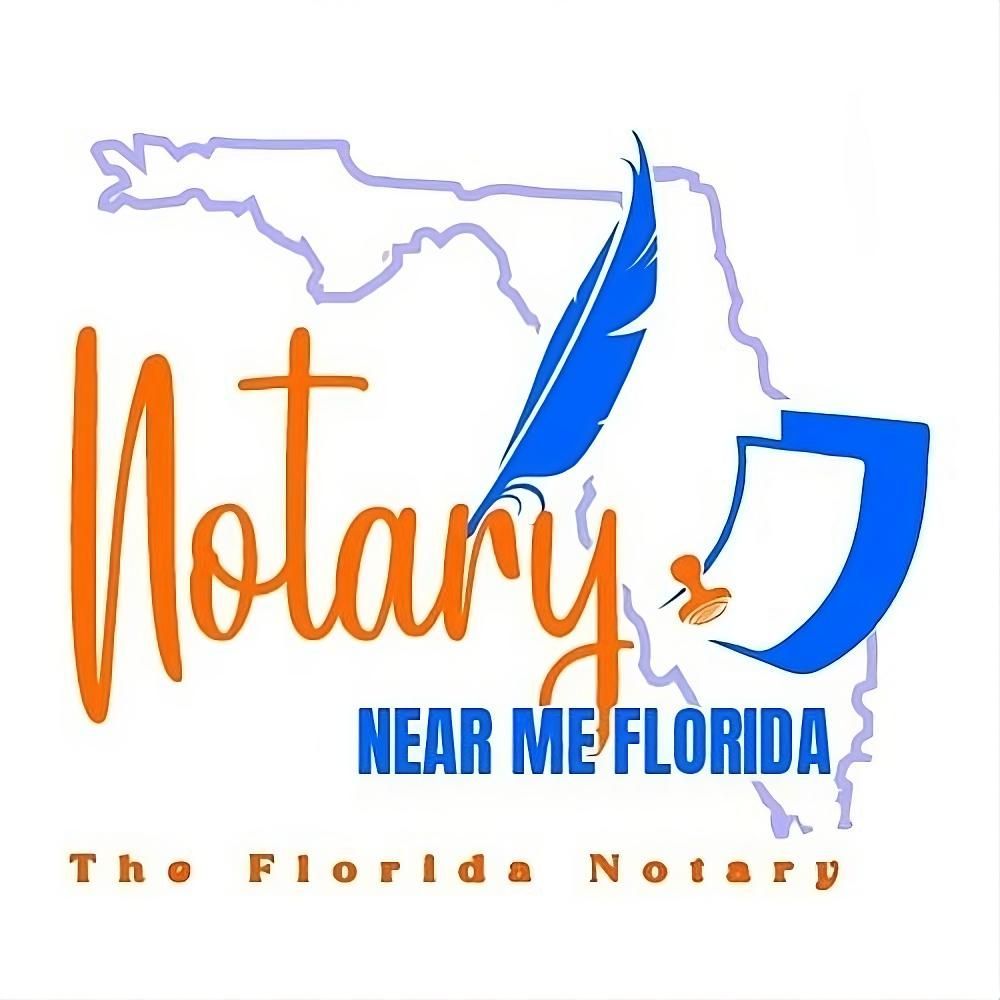What You Need to Know About Having Wills, Trusts, and Powers of Attorney Notarized in Florida
When Time Matters, Details Matter More
When Lisa arrived at a rehab facility in Zephyrhills, she wasn’t just visiting her uncle—she was stepping into a role no one had prepared her for.
Her 76-year-old uncle, Mr. Johnson, had been living alone when he fell and was hospitalized. After discharge, he was admitted to a rehabilitation facility, where he’d been recovering for more than a month. With no spouse and no nearby relatives, Mr. Johnson needed to finalize legal documents so Lisa could assist with managing his medical decisions, finances, and day-to-day affairs.
Those documents included a Durable Power of Attorney and a Health Care Directive—both of which needed to be notarized.
But there was a complication: Mr. Johnson didn’t have valid identification. His home had been vandalized while he was in the hospital, and his expired ID had been confiscated by the police during their investigation. Lisa didn’t know what was required to move forward—until she called me, a mobile notary serving Pasco and Hillsborough County.
What Documents Often Require Notarization in Florida?
Here are the most common estate-related documents that typically involve a notary:
- Power of Attorney (POA): Must be notarized and signed in the presence of two disinterested witnesses (people who are not family and not named in the document).
- Health Care Surrogates / Advance Directives: Notarization is highly recommended—even when not explicitly required—to ensure acceptance by medical providers.
- Wills: Do not require notarization to be legally valid in Florida. However, a self-proving affidavit—a separate document signed with two witnesses and a notary—makes it easier to admit the Will to probate.
- Trusts: Typically must be signed and notarized to be considered valid and enforceable.
Important: A notary cannot draft or supply these documents. They must come from your attorney, a legal document provider, or another qualified source. Notaries also do not provide legal advice.
Navigating Special Circumstances with Care
Without valid ID, notarizing Mr. Johnson’s documents might have been impossible. Fortunately, Florida law allows a notary to proceed if two credible witnesses are present who:
- Personally know the signer
- Possess valid, government-issued photo ID
- Are not named in or benefiting from the document
- Are not related to the signer
- Are able to affirm the signer’s identity and willingness
Facility staff are often not allowed to serve as witnesses due to employer policy. Fortunately, Lisa was able to coordinate two trusted family friends who met all the legal requirements.
Before proceeding, I confirmed that Mr. Johnson was mentally aware, willing to sign, and not under duress.
An official Affidavit of Credible Witness was completed and signed by each witness, and a copy was retained with the other estate documents.
All parties—including the signer and both witnesses—signed in the presence of the notary, as required by Florida law.
How to Prepare for a Smooth Notarization
Before scheduling a signing for estate documents, please ensure the following:
✔ You know what type of document needs to be notarized
✔ If witnesses are required, you have two disinterested parties arranged
✔ Everyone signing has valid, unexpired government-issued photo ID, or you’re prepared to use credible witnesses
✔ The document is complete—but not signed
✔ The signer is of sound mind and acting voluntarily
A quick call or text before your appointment allows me to confirm the details and prevent delays.
For more tips on preparing for a notarization, visit our Notary FAQs page.
Let’s Get It Done Right—The First Time
If you need help notarizing a Will, Trust, Power of Attorney, or Health Care Directive, I’d be honored to assist. I provide professional mobile notary services with compassion and clarity—whether at your home, a facility, or elsewhere.
📲 Call or text 813-239-4117 to schedule your appointment.
Let’s make sure your loved one’s wishes are documented with care.
🔗 What You Need to Know About Having Wills, Trusts, and Powers of Attorney Notarized in Florida
Bookmark or share this article with someone who needs to know what steps to take next.














